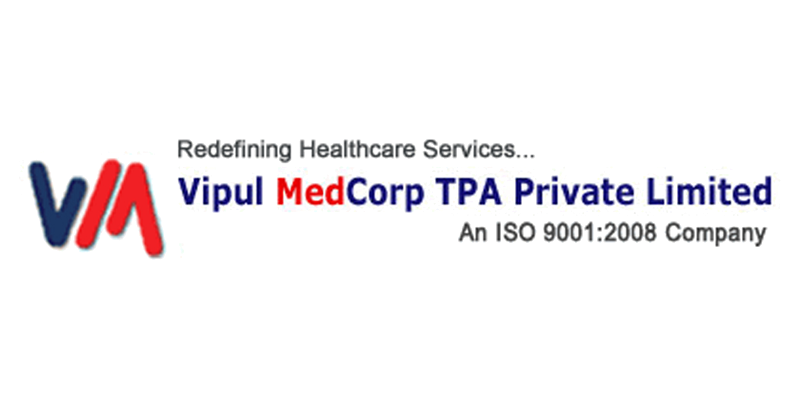-
Ready to chat
+91 9951911155

-
Women's Health
+91 9951911155

-
Child Health/General
+91 6300987220
-
24/7 Emergency
+91 9951911144

Patient Guidelines
Understanding your Rights and Responsibilities as a Patient is crucial for a smooth experience at our Hospital.Admission & Discharge
Admission Process
Except in the case of emergency admissions when the patient is unable to provide information, all patients must go through a registration process before being admitted to our hospital
The following are the pieces of information that patients will need to provide:
- Personal identifying information, such as full name and address
- Personal and emergency contact information, such as phone number and email address
- Health insurance information (carrier name, member number, group number)
- Signed authorization to release medical information to the insurance company
What should patients bring to the hospital when they are being admitted?
Admission process can be smoothed and streamlined by bringing the following key items:
- Aadhar card
- Insurance card (if available)
- Debit/Credit card
- Important health records
- Drug/Medication list
Discharge Process
Discharge Procedure with no insurance will take 3-4 hours. Insurance discharge procedure will take up to 5 – 6 hours. At the time of discharge the patient will be given discharge paperwork, which consists of the following:
- An explanation of why the patient was admitted to the hospital
- The diagnosis along with any relevant findings
- A detailed summary of the patient’s hospital stay
- The status of the patient’s medical condition at the time of discharge
- A detailed hospital discharge plan
- The signature of the presiding physician
Although a discharge signifies that the patient is well enough to leave the hospital, not following the discharge plan may lead to readmission.
Billing & Insurance
Our Insurance Partners
Patient Rights & Responsibilities
Rights
- Right to any specific preferences, spiritual and cultural needs.
- Right To Personal Dignity And Privacy During Examination, Procedures And Treatment.
- Right To Protection From Physical Abuse Or Neglect.
- Right To Have Your Information As Confidential.
- Right To Refuse Treatment.
- Right To Have Informed Consent Before Anesthesia, Surgery, Research, Other Invasive / High Risk Procedures / Treatment.
- Right To Voice Complaint.
- Right To Information On The Expected Cost Of The Treatment.
- Right To Access Your Clinical Records.
- Right To Information On Plan Of Care, Progress And Other Information.
In Case Of Any Complaint Contact: Reception.
Responsibilities
- To Provide Accurate And Complete Information About Medical Problems, Past Illness, Hospitalization, Medicals, Pain And Other Matters Relating To Their Health.
- To Provide Complete And Accurate Information About Name, Age, Address, Contact Details, Correct And Truthful History And Any Other Information.
- To Ask Questions When Unable To Understand What Doctor/Other Staff Talks About Diagnosis/Treatment.
- Abide By All Hospital’s Rules And Regulations.
- To Be On Time In Case Of Appointment And To Inform In Advance About Cancellation And Rescheduling Of Appointment.
- To Pay Bills In Timely Manner.
- To Respect That Some Other Patient Medical Condition May Be More Urgent Than Yours And Accept That Your Doctor May Need To Attend Them First.
- Follow The Prescribed Treatment Not To Take Any Medication Without Doctors’ Knowledge.
Safety and Quality
Safety
Identify Patients Correctly
Ensure Safe Surgery
Improve effective Communication
Reduce the Risk of Health Care-Associated Infections
Improve the Safety of High-Alert Medications
Reduce the Risk of Patient Harm Resulting from Falls
Quality
Providing quality care that is respectful of, and responsive to, individual patient preferences, needs and values, and ensuring that patient values guide all clinical decisions. The most important aspects for providing great patient care are patience, understanding, compassion, and sympathy. Pay attention to every detail.
Providing the care, the patient needs when the patient needs it, in an affordable, safe, effective manner. Also engaging and involving the patient, so the patient takes ownership in preventive care and in the treatment of diagnosed conditions. Thus, following the policy of “Prevention is better than cure”.
Covid 19 safety
Covid-19 Safety
- Best way to prevent infection is to avoid being exposed to any kind of virus. Cover your nose and mouth with a tissue when you cough or sneeze, then throw the tissue in the dustbin.
- Wash Your Hands Often With Soap And Water For At Least 20 Seconds. If Soap And Water Are Not Available, Use An Alcohol-Based Hand Sanitizer.
- Avoid Touching Your Eyes, Nose, And Mouth With Unwashed Hands.
- Avoid Close Contact With People Who Are Sick.
- Stay Home When You Are Sick.
- Cover Your Cough Or Sneeze With A Tissue, Then Throw The Tissue In The Trash.
- Clean And Disinfect Frequently Touched Objects And Surfaces.
These Are Everyday Habits That Can Help Prevent The Spread Of Several Viruses!
Visitor policy
Attendants & Visitors Policy
- Visiting Hours - 12.30 Pm To 1.30 Pm & 4.00 Pm To 6.00 Pm.
- Attender Pass Should Be Carried By Attender At All Times.
- On Demand Should Be Produced By The Attender At Any Time.
- No Visiting Hours For HDU, NICU, Labour Room Unless Requested.
- Only One Attender Allowed For Each Patient In Waiting Area And No Cellphone Usage.
- More Than 1 Attender, 1000/- Extra Will Be Charged Per Head.
- Children Below The Age Of 12 Yrs Will Not Be Allowed To Enter High Risk Areas (Casualty, HDU, OT, L/R And NICU).
- Management Is Not Responsible For Loss Or Theft Of Any Valuables Or Belongings.Kindly Do Cooperate With The Management.




















